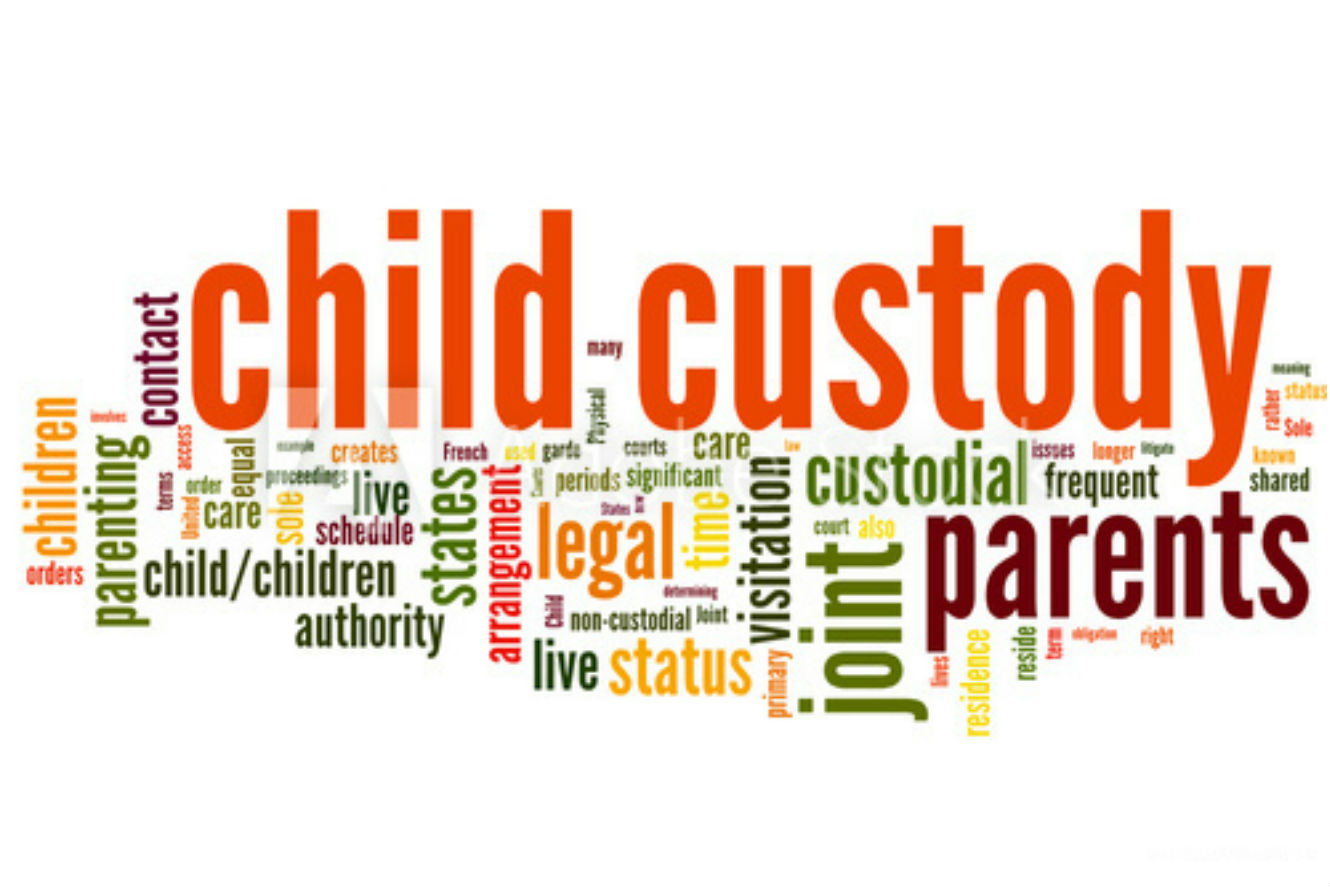Did you know that a non-custodial parent doesn’t always make child support payments to a custodial parent? Various things factor into who pays whom child support.
When two people fall in love and get married, the last thing on either of their minds is that they’ll one day need to retain family law attornies to secure a divorce.
If a married couple headed for divorce has minor children, one of the chief issues to address is who gets custody. The parties can work out these issues with minimum trouble if the focus is on what’s best for the children. However, discussions all too often turn adversarial.
Fortunately, reputable family law attornies can help both parties reach a settlement they can live with rather than force the courts to do so.
Continue reading to see three things you need to know about child custody agreements.
1. A Child’s Custody Preference Isn’t the End All and Be All
While children have the right to state their custody preferences, the courts decide custody. The courts are more likely to consider the preferences of older kids and teenagers rather than those of younger kids. But the courts may, in determining the best interests of the children in question, make custody decisions that don’t align with the children’s preferences.
2. A Child’s Best Interests Encompasses Various Things
If a child has special needs, the courts may determine custody based on which parent typically provides care and the proximity to healthcare providers. For older children and teenagers, the courts will factor their preferences into their decisions as long as the children have the maturity to intelligently articulate their preferences.
If one parent lives in an area where the children attend school, participate in extracurricular activities, and have friends, the courts will consider this when deciding on custody arrangements. And, of course, the courts will consider the parents’ suitability, such as finances, work-life balance, and ability to provide the necessities of life.
While a parent in poor financial shape won’t be denied access to their children, the courts may decide that the children should primarily be under the care of the parent capable of providing a suitable home environment. Again, it’s about the children’s best interests.
3. Legal Custody and Physical Custody Are Not the Same
It’s also vital to know that legal custody and physical custody aren’t the same. A parent can have both, or they can have one but not the other. It depends on what the courts decide.
On the one hand, the parent awarded legal custody has the right to make decisions about discipline, education, healthcare, and other essential matters. On the other hand, the parent assigned physical custody has the right to have their kids live with them.
Again, the judge can assign legal custody to one parent and physical custody to the other, or the judge can assign legal and physical custody to one parent. It’s worth noting that the parent who only has physical custody can’t make certain decisions for their child unilaterally. The parent with legal custody has the right to make certain decisions. Even so, it’ll be in the child’s best interests if the two parents reach a respectable common ground.
These are some of the things you need to know about child custody agreements. While two parties can get things done without too many issues if they behave rationally, sometimes one or both parties want their way. That’s one reason to hire a reputable family law attorney who can help you navigate the child custody process. A lot is at stake, so the help of a family law attorney can help you reach an agreement that’s fair to you, your ex, and the children.







